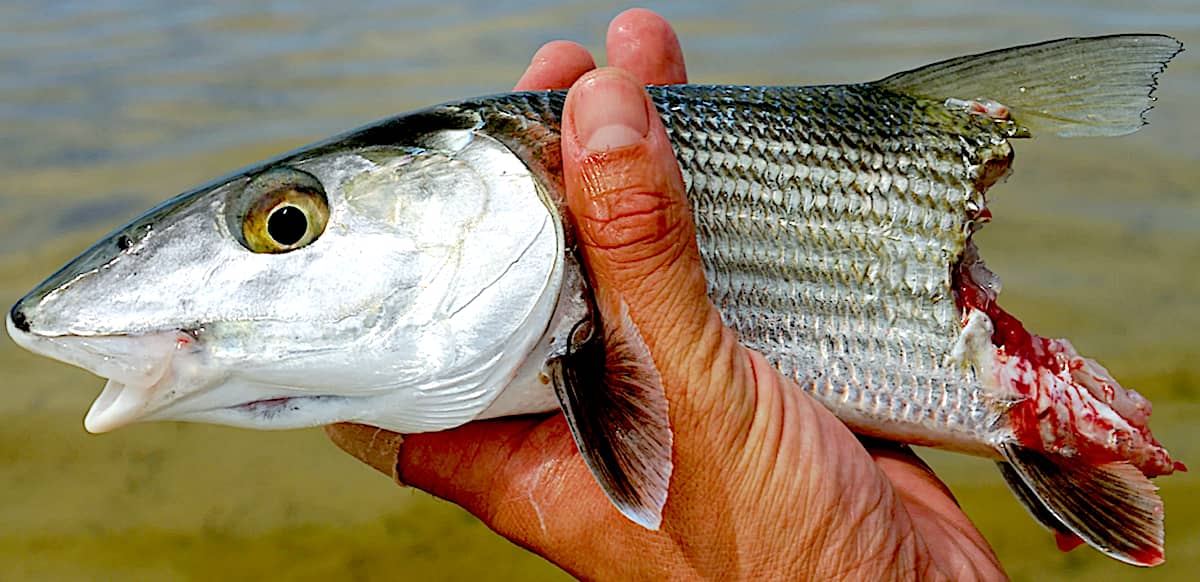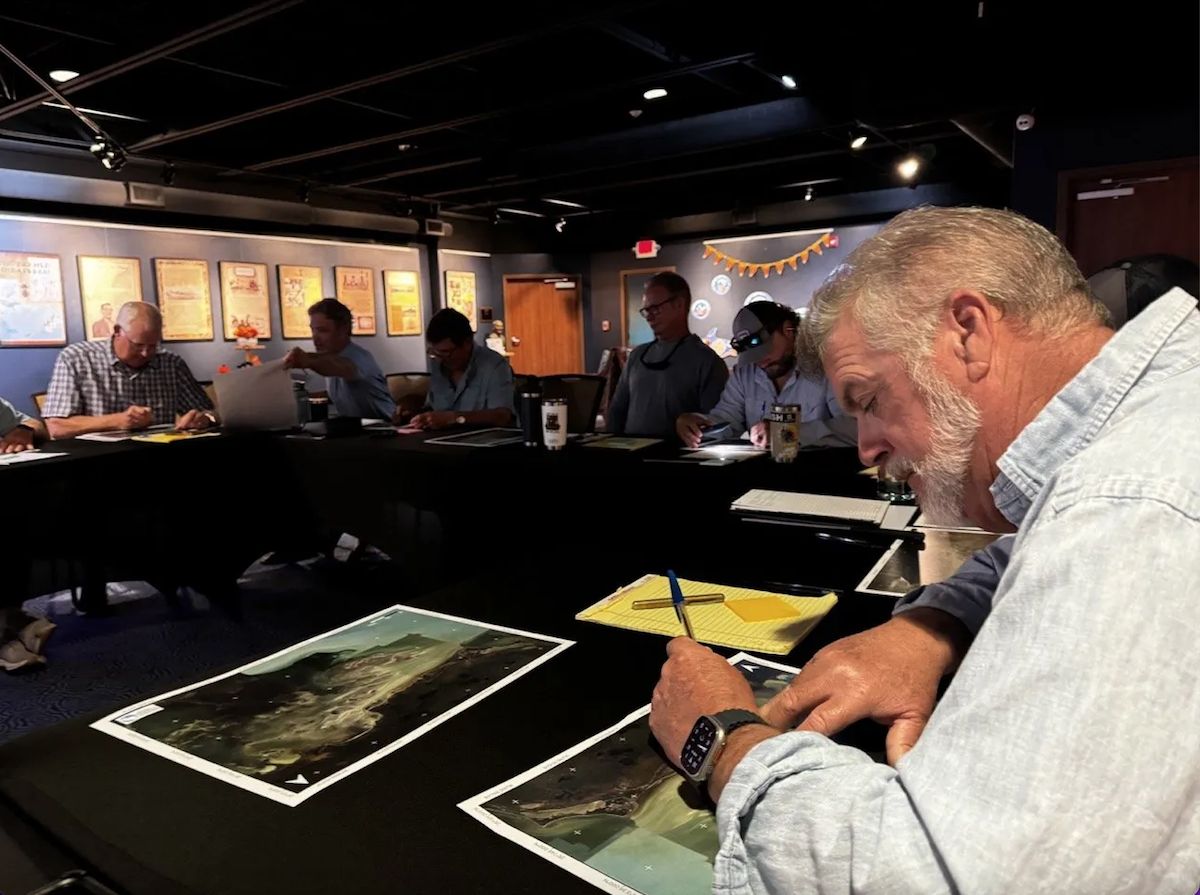Keith Lusher 11.19.24

According to charter guides and anglers who fish the Florida Keys, the number of times they come into contact with sharks eating their catch is increasing. The concerns reflect those of many anglers across the Gulf Coast who are witnessing shark depredation more than of previous years.


The findings result from recent research from the Bonefish & Tarpon Trust whose stated goal is to identify ways for sharks and anglers to coexist within a healthy flats fishery.
Anglers and guides tell BTT that they are growing more and more frustrated by sharks that are taking hooked fish or devouring fish that have been released.
BTT launched the Florida Keys Shark Depredation Project in the fall of 2024. The study began with a survey of anglers who fish the inshore areas from Biscayne Bay south to Key West and west to Florida Bay and the Everglades.
After the survey, BTT researchers conducted a workshop with those anglers in order to map the areas where they saw the most shark interactions.
Their findings show a steady increase in shark depredation over the past ten years, with a marked inflection point around 2014-2015, when rates rose sharply. At the present time, red drum and snook are the flats fish species depredated most, with Lemon sharks being responsible for the most altercations. These findings, together with the high-depredation locations provided by guides, will inform the next phase of the project: BTT researchers working in the field to study shark behavior, diet, and movement to get a better handle on what has caused the increase in shark-angler interactions.


BTT plans to work with anglers and resource managers to deploy science-backed solutions to lessen shark depredation in the Keys. BTT supports the SHARKED Act, a bill that would create a task force of experts to address the depredation problem nationwide.
We are enormously thankful to the anglers and guides who have participated in this project. Your knowledge and willingness to invest time and effort into improving the resource is essential to BTT’s scientific approach to conservation.

